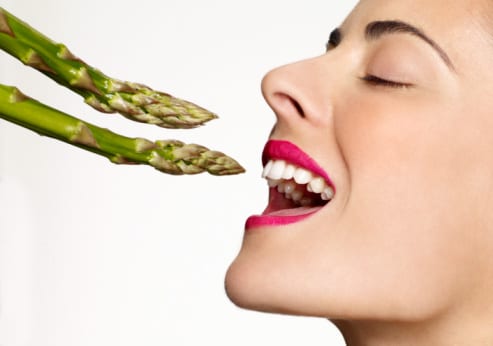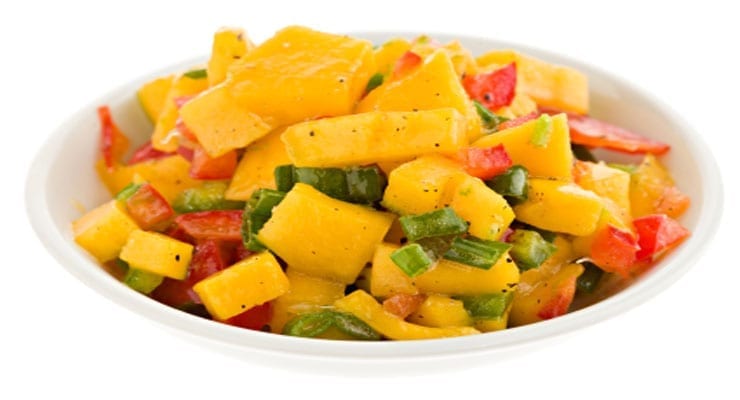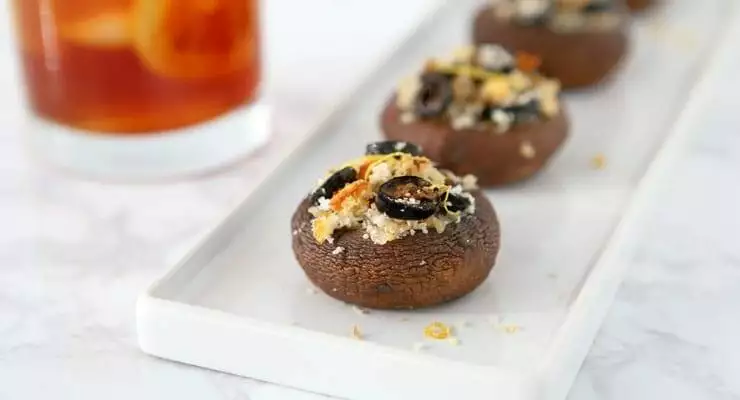Ok, so maybe your kids (and you) don’t necessarily LOVE vegetables, but there are some that can be added to just about every meal that will enhance your focus, energy and patience. It’s amazing how accessible they are at your local market too. Try them and see how much they change your day. The fact is, the greener the veggie, the more it’s packed with nutrients and vitamins. The following super greens are in order of the most action packed with nutrients for you and your family.
Spinach
According to the United States Department of Agriculture a 180 g serving of spinach contains 6.43 mg of iron; compared to one 170 g ground hamburger patty contains at most 4.42 mg! Spinach is a rich source of vitamin A, C, E, K, protein and iron. Serve it sautéed, steamed or raw in a salad, top with avocado and a drizzle of balsamic vinegar and you have a delicious lunch or dinner. Four cups of spinach is 20 calories.
Broccoli
Broccoli contains multiple nutrients with powerful anti cancer properties and has been found to lower the risk of prostate cancer. Loaded with vitamins K, A, C and dietary fiber broccoli can be added to any meal. Mix into an omelet, add to your salad for lunch, and steam as a side to your dinner main dish. One cup of broccoli is 30 calories.
Kale
Full of anti oxidants and close to double the amount of RDA for vitamin A, kale is another vegetable loaded with phytonutrients (organic compounds of plants believed to promote great health). Kale is a form of cabbage and is considered to be an anti-inflammatory and especially rich in beta carotene and like broccoli, kale is a potent anti-cancer fighting property. One cup of kale is approximately 36 calories.
Brussel Sprouts
Yes, brussel sprouts look like mini cabbage! They are also full of vitamins A, C, E, folic acid, and dietary fiber. Try to include these tasty cruciferous vegetables in your diet and you will be lowering your chances of lung, ovarian and colon cancer. Roast them with a little olive oil, or steam them and add lemon. One cup of brussel sprouts is approximately 100 calories.
Tomatoes
Summer means great weather, vacation and tomatoes! Even though tomatoes can be found in your local grocery store year round, there is nothing like tomatoes in the peak of their ripeness – July-September. Tomatoes contain antioxidants, and lycopene a carotenoid, which is known for its anti cancer properties. Loaded with vitamins C, K, A, B1, B6…tomatoes contain more than 20 vitamins, minerals and essential nutrients. Slice them up on a sandwich, chop them for a salad, roast, grill, bake, or eat right off the vine. One cup of tomatoes is approximately70 calories.
Carrots
Carrots are the top veggie source of Vitamin A. Vitamin A has been shown to lower heart disease, lower the instance of certain types of cancer and can help protect your vision. They also are jam packed with Vitamins C, and K, potassium and dietary fiber. Choose firm carrots and peel them before eating. Remove the green tops once you get them home to preserve their longevity. Eat them cooked or raw; 4oz of carrots has approximately 45 calories.
Asparagus
No other vegetable contains as much folacin per serving, 135 mg – half of the adult RDA Folacin is necessary for blood formation and cell growth, and has been known to reduce neural tube defects. Asparagus is a high source for B6 and potassium and contains compounds which increase the strength of capillary walls. One serving of asparagus, 5oz has approximately 20 calories!
Sweet Potatoes
Sweet potatoes are a great source of Vitamins A, C, B6, potassium and iron. Eat the skin as it contains the most Vitamin A, and don’t forget they are a great source of potassium which promotes a healthy nervous system and brain function. Bake or roast, sprinkle with a little salt and enjoy! One serving of sweet potatoes, 4oz has approximately 120 calories
Soy Beans
Soy beans are packed with protein, fat and carbohydrates. Soy bean protein contains essential amino acids, omega 3 fatty acids, potassium and fiber. Soy beans contain more protein than other legumes and many other animal products. Besides edamame, soy bean curd is what tofu is made from. Don’t forget tempeh, seitan and soy sauce. One serving of soy beans / edamame 4oz (without the shell) is 90 calories.
Red Bell Peppers
Red Bell Peppers Loaded with carotenoids (naturally occurring pigments which are synthesized by plants) which are converted into Vitamin A – a cup of red peppers has more than 100% of your daily recommend value of Vitamin A! When buying, choose dark red peppers that are firm to the touch. Sauté, roast, grill or chop them up raw and throw in your favorite salad. One cup of red peppers has approximately 26 calories.
About the Author
Thomas Roe has been a Certified Personal Trainer for over ten years. His love for health and fitness began in high school where he was a decorated two sport athlete – football and track – which led him to pursue his athletic endeavors at the collegiate level. After a near fatal neck injury which led to two spinal surgeries, Thomas committed himself to being in the best shape of his life through fitness and nutrition, and has vowed to share that with his clients. His degree in Endurance Nutrition has helped him design programs for himself, family, friends and clients, which clarify the difference between diet vs. nutrition.





![Apple Butternut Squash Soup Recipe [Vegan]](https://www.modernmom.com/wp-content/uploads/2014/08/2013-03-05post_apple_butternut_squash_soup_recipe_small_2.jpg)